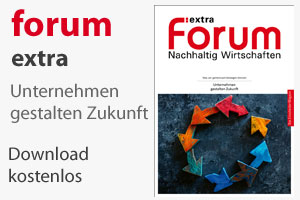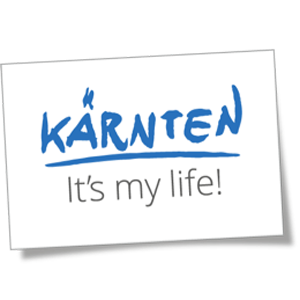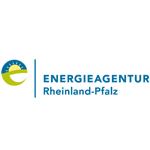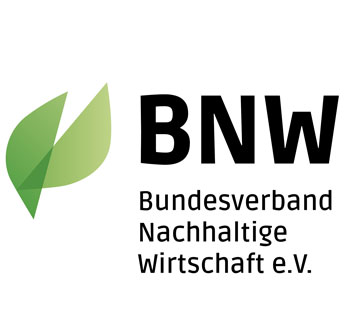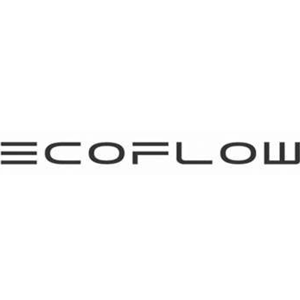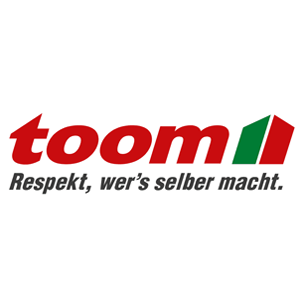When less equals more: the incredible potential of efficiency
Second chronicle on COP29 from Bertand Piccard, founder of Solar Impulse Foundation
The second week of COP29 opens in Baku, with climate finance still at the centre of attention. But even today, the talk is mainly of compensation, of reparations from the countries of the North to the countries of the South, the main victims of climate change to which their frugal CO2 emissions have contributed almost nothing.
 Bertrand Piccard together with EIB Vice-President, Ambroise Fayolle, Elina Roina, Vice-President of the EIB's DG Operations, and Ditte Juul-Jorgensen of the European Commission's DG Energy. © Solar Impulse Foundation
Bertrand Piccard together with EIB Vice-President, Ambroise Fayolle, Elina Roina, Vice-President of the EIB's DG Operations, and Ditte Juul-Jorgensen of the European Commission's DG Energy. © Solar Impulse FoundationHowever, the multitude of clean and profitable solutions, as well as the cost of inaction, also allow us to see climate finance as a profitable investment, both in the North and the South. This is particularly the case for the energy transition, which lies at the heart of the new way in which our societies must operate if they are to be sustainable.
Transition to what? Of course, towards a model where fossil fuels are replaced (and as quickly as possible) by renewable energies. But let's look at the trends, both in terms of world population and socio-economic development. It would be illusory to think that the world of today, and even more so of tomorrow, can run on renewables alone, if we continue to waste two-thirds of the energy produced as we do at present.
This is where efficiency comes in.
The shameful wastefulness of our production and consumption patterns goes a long way towards explaining the environmental mess we find ourselves in. But in addition to the CO2 emitted, this situation also causes considerable financial losses: 4.6 trillion dollars annually!
The previous COP in Dubai began to put energy efficiency higher on the agenda of the climate debate, but there is still a long way to go before it becomes a reality, sector by sector, SME by SME, building by building. Because to achieve energy efficiency, the problem is not the supply of efficient solutions - because there are hundreds of them in every field - but the demand. Very often, these devices are more expensive to buy than their polluting equivalents, even though they are much more profitable in the long term.
"The shameful wastefulness of our production and consumption patterns goes a long way towards explaining the environmental mess we find ourselves in. But in addition to the CO2 emitted, this situation also causes considerable financial losses: 4.6 trillion dollars annually!"
Bertrand Piccard
So how can we make this offer more attractive? By changing the way solutions are marketed. Companies can move from selling products to selling results (kilometres travelled in electric buses instead of the buses themselves, light instead of bulbs, yield per hectare instead of tonnes of fertiliser). The end user pays for the service without buying the property, while the supplier retains the asset. This ‘servitisation’ model has great potential for accelerating the deployment of efficient solutions which, despite a high initial cost, offer a lower total cost of ownership thanks to reduced operating expenses.
What are the benefits of this paradigm shift? For the adopter, it's a major incentive, because the initial investment disappears. For the solution provider, the interest is no longer in selling the greatest quantity of products, but the best possible quality. The more reliable the product, the higher the profit margin. This is the end of programmed obsolescence!
This model represents a new form of economy, which I call the ‘qualitative economy’. To develop, it requires the arrival of a third player capable of taking on the initial investment.
This is the purpose of the Energy Efficiency Initiative launched in Baku by the Solar Impulse Foundation, the European Investment Bank and the European Commission. By combining public investment, guarantees and private capital, it will strengthen the deployment of efficient solutions for SMEs, particularly through servitisation.
Innovation is not just technological; it must also be financial. This will enable climate action to unite all the players by proving its economic profitability.
About the Solar Impulse Foundation and Bertrand Piccard
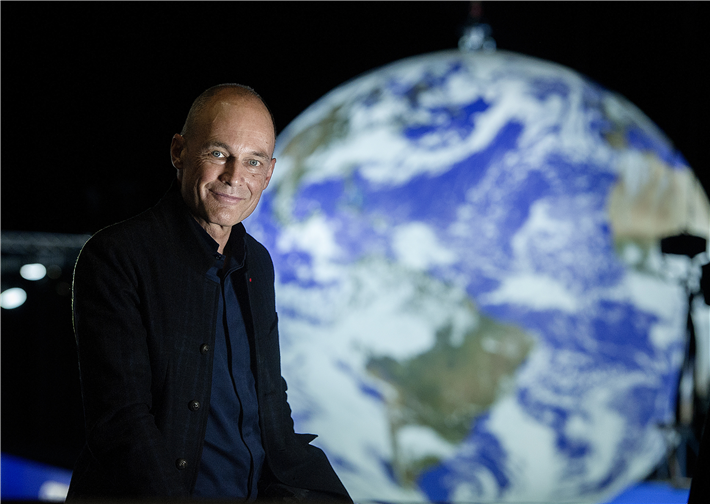 Bertrand Piccard © Solar Impulse
Bertrand Piccard © Solar ImpulseBertrand dedicates his life to demonstrate the opportunities lying in sustainable development and to raise interest in profitable solutions to protect the environment. He is a pioneer of new ways of thinking that reconcile ecology and economy, and uses his exploration feats to motivate governments and industries to take action. Bertrand has always advocated that solving climate change - rather than an expensive problem - is a fantastic market opportunity. He actively speaks out against the absurdity of the outdated and polluting devices and systems we are still using and promotes the benefits of existing efficient technologies to motivate governments and industries to take action.
Kontakt: Solar Impulse Foundation, Daniela Diego | daniela.diego@solarimpulse.com | solarimpulse.com
Umwelt | Klima, 19.11.2024
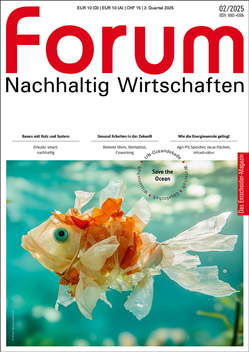
Save the Ocean
forum 02/2025 ist erschienen
- Regenerativ
- Coworkation
- Klimadiesel
- Kreislaufwirtschaft
Kaufen...
Abonnieren...
30
APR
2025
APR
2025
Franz Alt: Die Solare Weltrevolution - Aufbruch in eine neue Menschheitsepoche
In der Reihe "Mein Klima… in München"
80331 München und online
In der Reihe "Mein Klima… in München"
80331 München und online
07
MAI
2025
MAI
2025
MakerCamp Genossenschaften 2025
Genossenschaftliche Lösungen in Wirtschaft, Kommunen und Gesellschaft
65189 Wiesbaden
Genossenschaftliche Lösungen in Wirtschaft, Kommunen und Gesellschaft
65189 Wiesbaden
21
MAI
2025
MAI
2025
LVR-Kulturkonferenz 2025: Kultur. Nachhaltig. Wirtschaften.
Welchen Beitrag leistet Kultur zum wirtschaftlichen Wachstum?
47805 Krefeld
Welchen Beitrag leistet Kultur zum wirtschaftlichen Wachstum?
47805 Krefeld
Professionelle Klimabilanz, einfach selbst gemacht

Einfache Klimabilanzierung und glaubhafte Nachhaltigkeitskommunikation gemäß GHG-Protocol
Politik
 Verlässlichkeit, Wohlwollen, Verletztlichkeit
Verlässlichkeit, Wohlwollen, VerletztlichkeitChristoph Quarchs Prüfsteine für die Vertrauenswürdigkeit von Politikern
Jetzt auf forum:
Chocolate Scorecard: Die guten und schlechten Ostereier der Schokoladenindustrie
Die Region Klimaberg Katschberg setzt ein deutliches Zeichen für nachhaltigen Tourismus in den Alpen
Sind wir alle viel zu geldfixiert geworden?
The Cradle: Das erste kreislauffähige Holzhybrid-Gebäude in Düsseldorf



